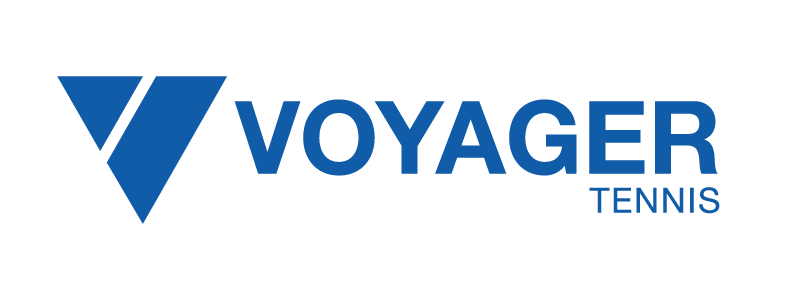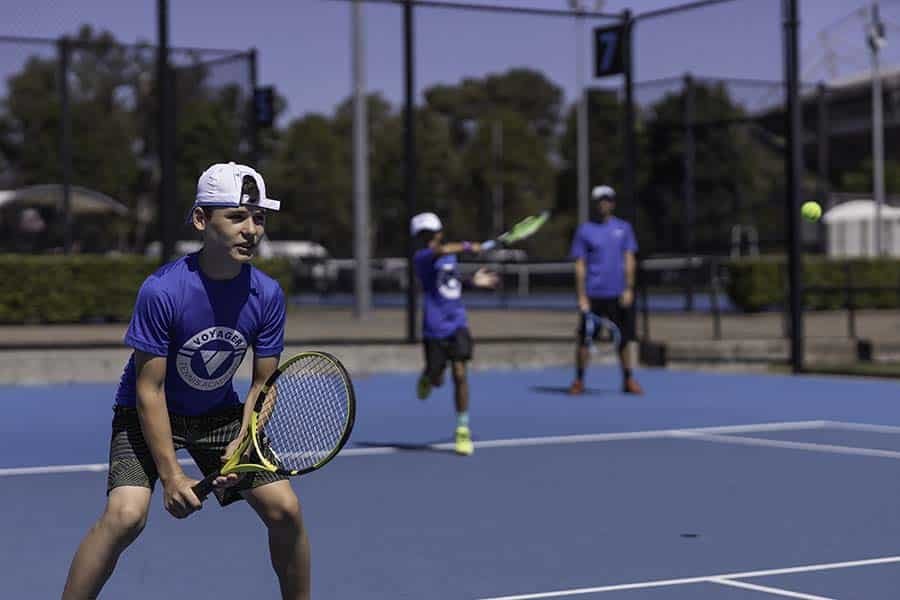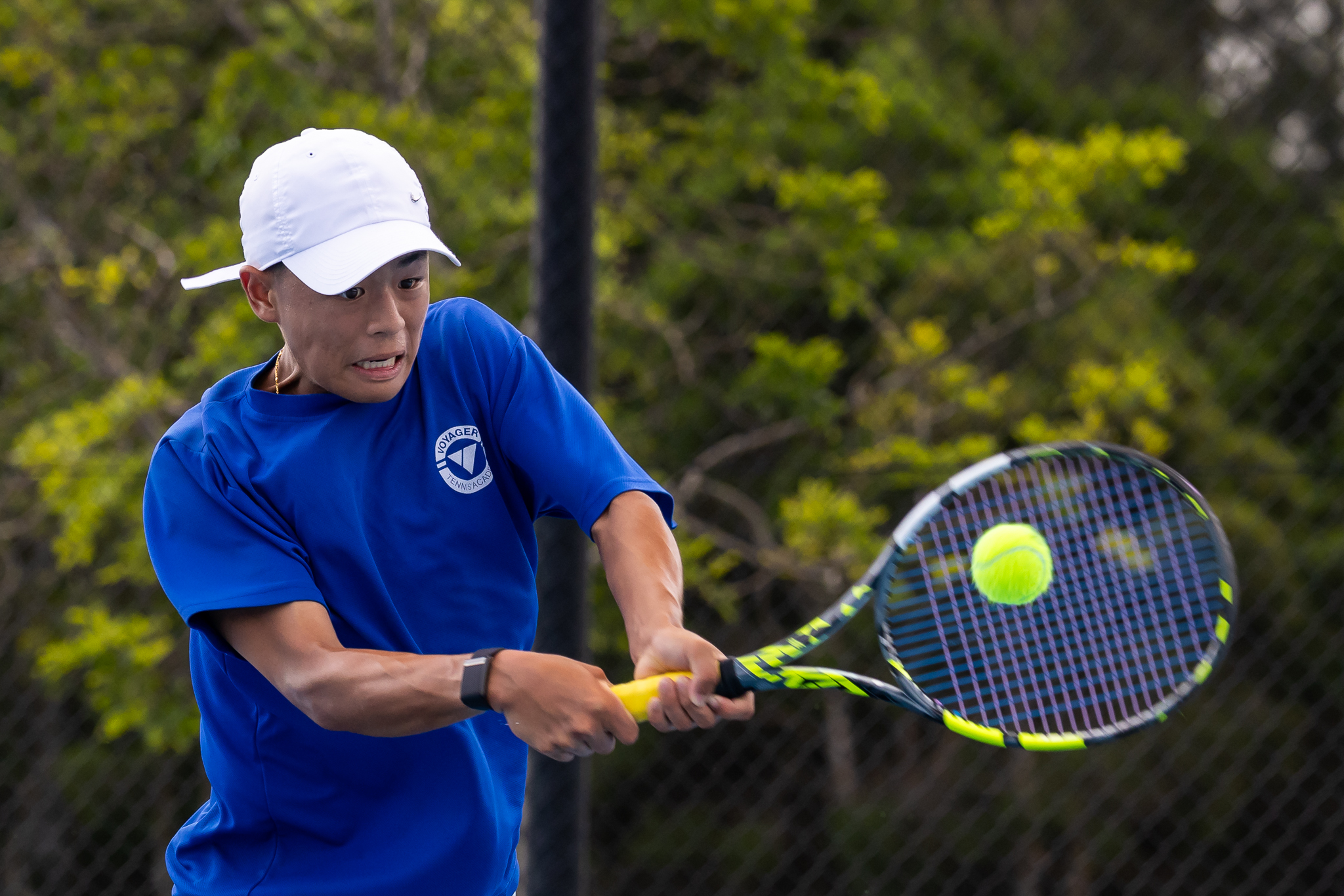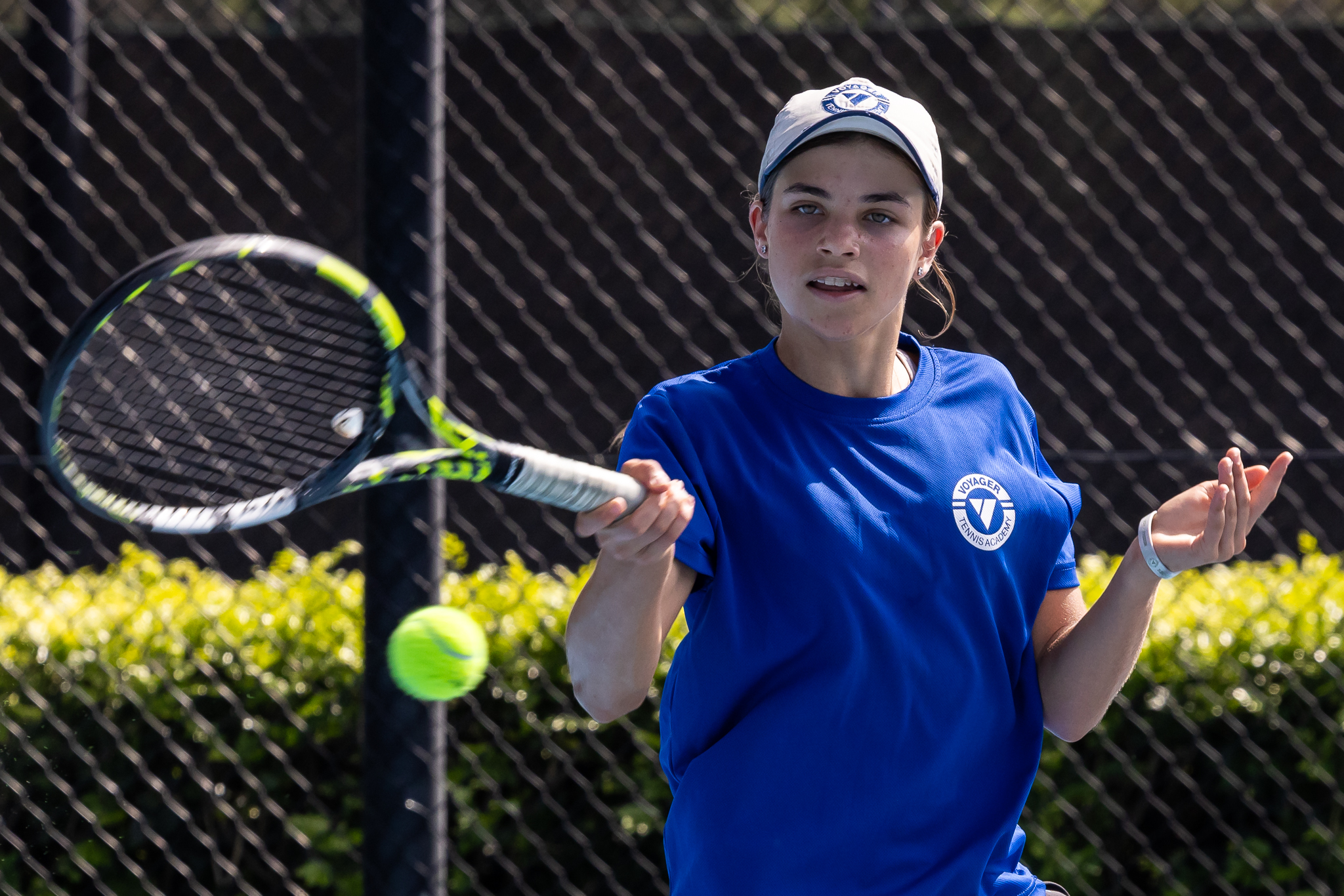
The role that parents play in ensuring that their child’s tennis journey is fulfilling for their personal development and tennis career cannot be underestimated. It will be challenging, time consuming, pressured, at times stressful, but managed the right way, it can also be enormously rewarding.
Through years of experience as a player and coach, I have found that parents have far and away the most influence on how much success and enjoyment their children gain from tennis, much more than an individual coach or an academy. This is supported by research that shows that a parent’s interaction with their child is far more influential than non-parent interactions.
To have the greatest positive impact, parents have two broad roles:
- What they do – the tasks parents do with and for their child
- How they interact with their child – how they go about guiding and supporting their child is just as important as what they do
Of course, there may be parents who drive their child so hard that while the child may achieve success on the tennis court, it comes at the price of a fractured relationship. The recommended approach here maintains a harmonious relationship and alignment between parents and child.
What parents can do
Parents are by default the ultimate decision makers responsible for overseeing many crucial factors that can make or break a player’s tennis career. This can be incredibly challenging, particularly for parents without elite tennis or coaching backgrounds. Making mistakes in just one area can be detrimental for your child’s progress. Our book ‘Winning on and off the Court’ aims to provide parents with a deep level of understanding so that you can effectively support your child, ask the right questions and make informed decisions.
Some of the key areas that parents need to provide strong guidance on are:
Balancing tennis and education
When a player reaches high school, their tennis and academic requirements increase at the same time, which can create significant pressure on the family’s time and resources. Parents need to work out how to balance both, so their child can achieve their tennis and academic goals.
Most elite players are now pursuing US college tennis scholarships, which typically require individuals to be A+ tennis players and B/C grade students to be eligible. Getting the balance right here can provide students with an incredible education and set them up for life.
Setting goals and measuring progress
Top-level athletes, successful businesspeople and high achievers in all fields set goals. When an individual sets challenging but realistic goals, it can increase motivation, encourage them to work harder and help them organise their time and resources to maximise their potential. Parents need to encourage their child to become a goal setter and regularly measure progress to ensure they are on the road to achievement.
Creating an on-court training plan
Once the child has a clear vision for their long-term goals, their parents need to construct a training plan that aligns with the achievement of those goals. This includes squad training, practice and private lessons.
Studies carried out at our own Academy with over 250 elite tennis players show that a structured training plan produces predictable long-term results. A low training volume coincides with a lower playing standard, while a high training volume reflects a high playing standard. Parents need to construct a weekly plan that provides their child with an appropriate number of hours on court.
Tournament/match-play scheduling
A player’s match-play history is perhaps the strongest determinant of their success in tennis. Our research shows that players who have competed in many matches vastly outperform those who haven’t. Parents need to create a tournament and match-play plan that aligns with their child’s long- term goals.
Tactics
Some of the most critical tactical areas that a player needs to develop are ensuring they are playing the right game style for their physical characteristics, effectively analysing opponents, and the ability to create and implement match strategies. The private coach/mentor that the parents select will usually play a big role in the tactical development of their child.
Technical foundations
It’s really important for players to establish good technical foundations at a young age. This will enable them to continually reproduce a shot without error and execute a wide variety of tactics against an opponent. Players with technical deficiencies tend to have strokes that break down under pressure with weaknesses that their opponents will be able to exploit. Parents need to find a suitably qualified coach who can help with this area while being a great mentor throughout the child’s elite-player journey.
Physical development
Most elite tennis players will need their body to perform on the court for a couple of decades. With tennis being a repetitive sport, parents need to be aware of the importance of athletes looking after their bodies. Maintaining an injury-free status must be the top priority; enhancing physical qualities such as speed, endurance and power are important, but they come second. Parents need to ensure their child has had a physical screening and has a regular prehabilitation and physical development programme in place.
Nutrition
A healthy nutrition plan provides the fuel an athlete needs to perform at a high level day in, day out. Parents play an essential role in their child’s nutrition as they are often the ones shopping, cooking the meals and packing the lunches. They need to provide their child with the right balance of the main food groups (carbohydrates, protein and fats) and good hydration, as well as discouraging them from food and drinks that will have a negative impact on performance.
Psychology
Tennis is one of the most challenging sports when it comes to psychology. Players need to develop key mental skills such as the ability to concentrate, deal with negative emotions and maintain long-term motivation. Parents need to be aware that these skills are rarely innate and must be developed over time, potentially with the help of an expert in this area.
Here are a set of mental process tools created by Mentally Tough Tennis to support players during and after matchplay.
Going to college or becoming professional
Players who are pursuing the professional pathway will need to decide whether to go pro immediately after high school or pursue options such as the US college tennis pathway first. The reality is that 99% of elite players will have a much better chance of playing professionally if they go to college first as these four extra years of tennis development are crucial.
There are so many things to consider that it may seem overwhelming, but if you understand each of these areas, do some planning and access the right level of support, it is manageable. There are so many benefits to pursuing a career in tennis.
By Ryan Henry, Managing Director of Voyager Tennis and Ex-Pro Tennis Player





